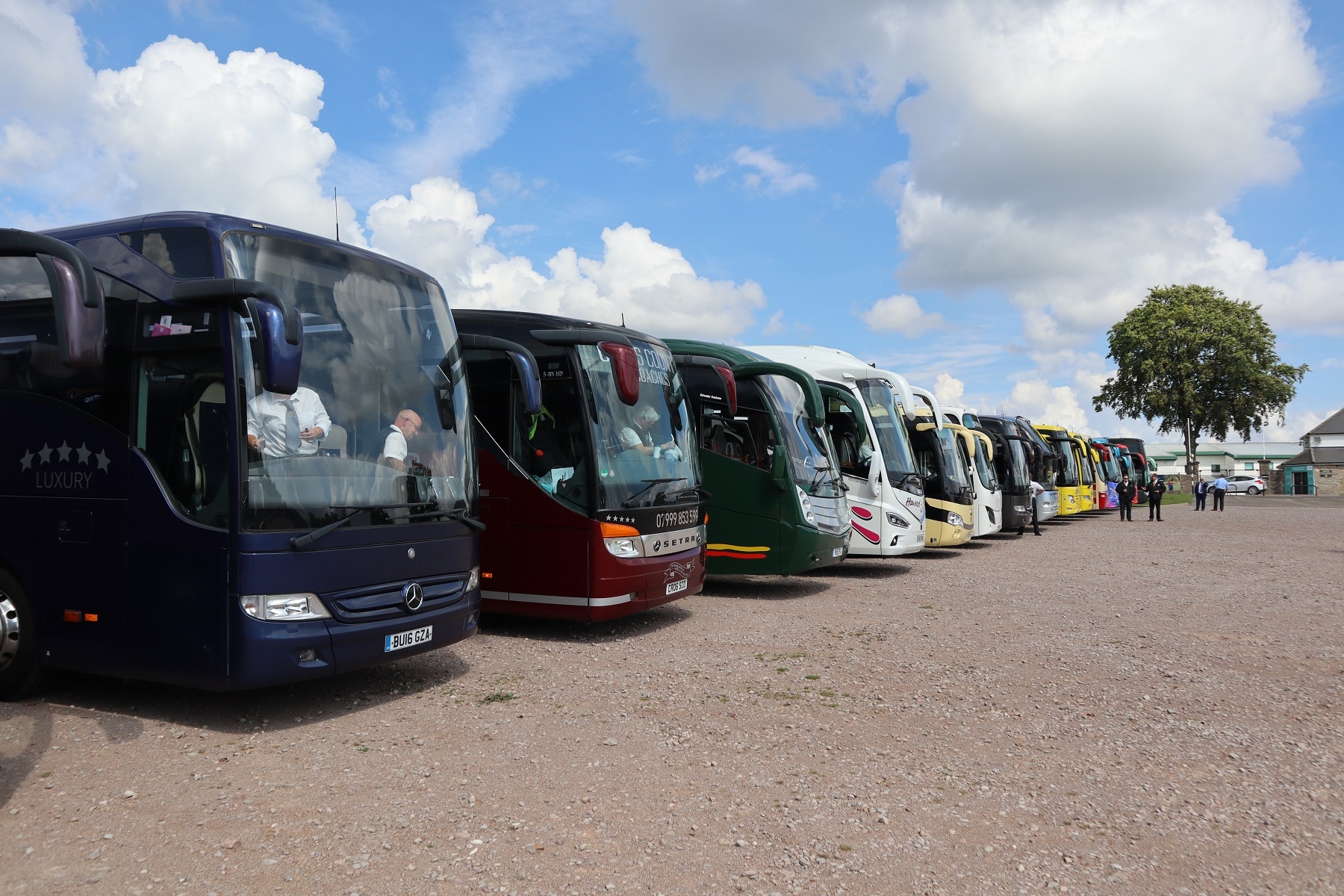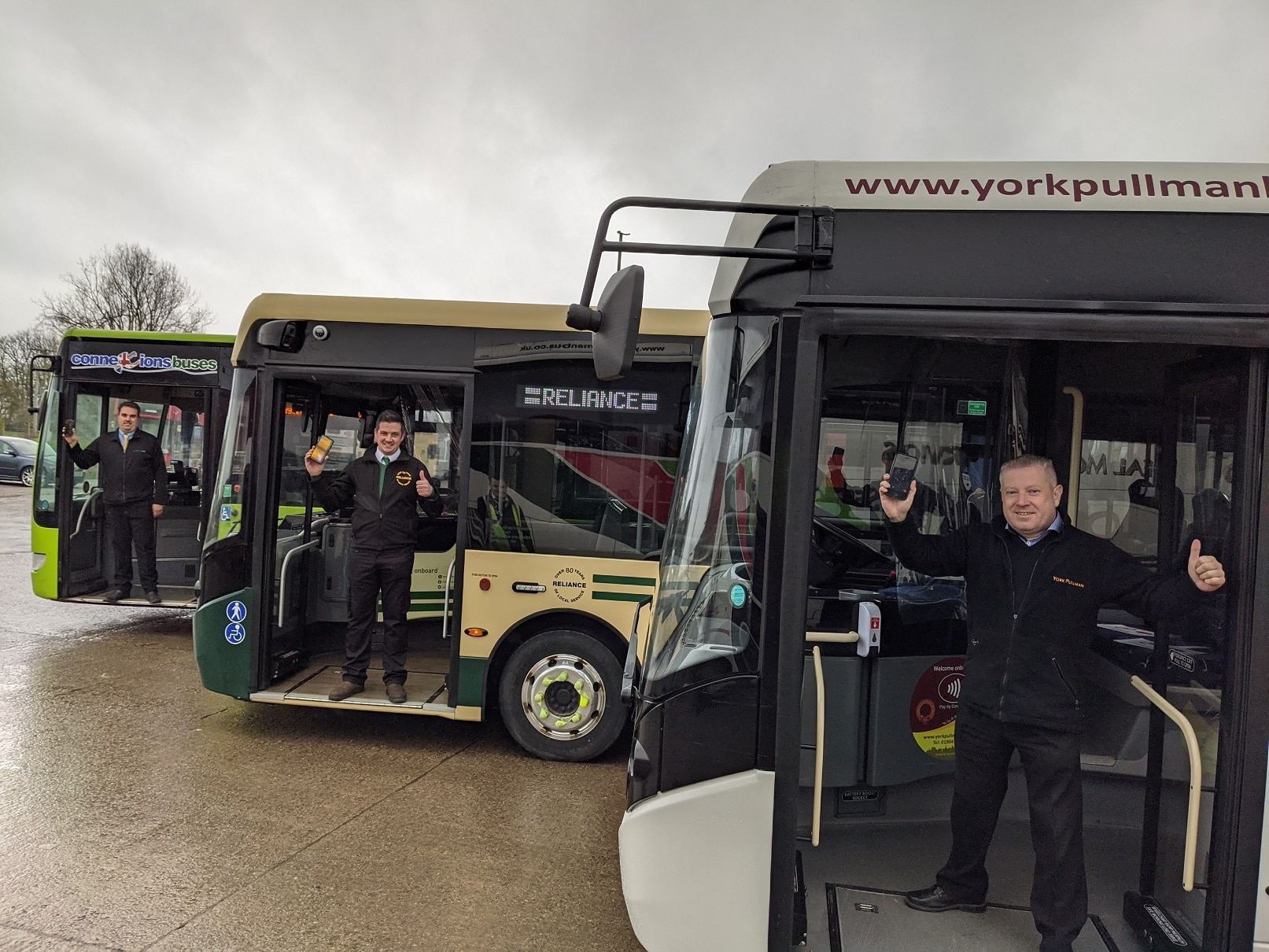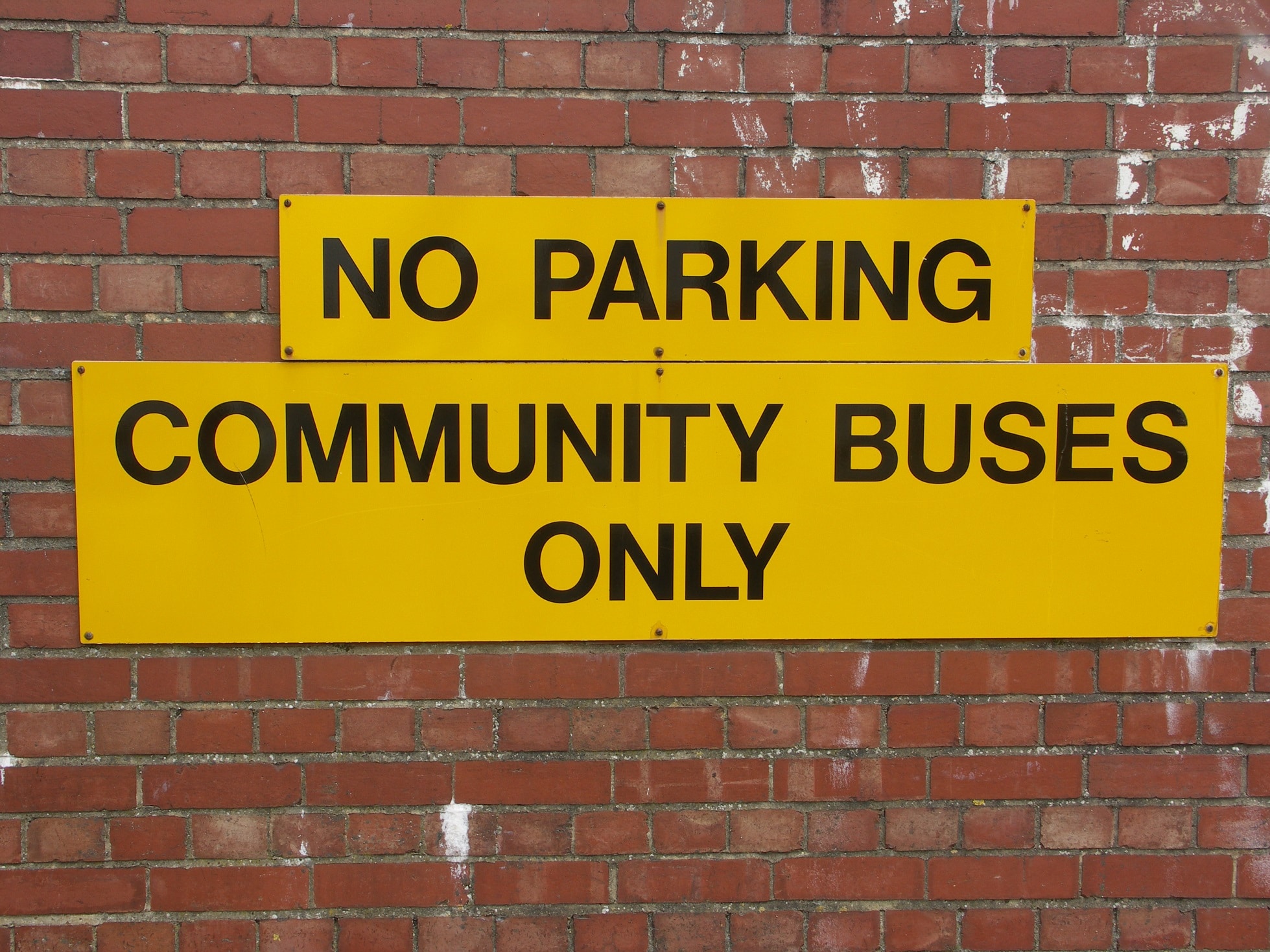A survey of coach operator businesses carried out by routeone has demonstrated that while the immediate outlook for the industry remains very difficult, some operators are seeing modest cause for optimism in a post-coronavirus COVID-19 world.
324 operators participated in the research. They are active in sectors including private hire, coach tourism, home-to-school services and local service work. On average, they employ 16 full-time staff and seven part-timers. Over 60% run 10 vehicles or less.
237 participants were trading at the time they responded. 77 were not. Of the latter, 33 expected to restart trading within eight weeks. 44 planned to do so beyond that. 10 had ceased trading.
Coach operator survey shows that confidence remains uncertain
What is clear is that there is now little expectation of a ‘big bang’ recovery across the industry in 2021. Many participants predict a moderate rate of business return this year. That ties in with caution over how the economy will respond to the crisis.
258 participants answered a question concerning confidence levels in the country’s recovery after restrictions are lifted. Of those, the majority – 53.5% – are unsure. They believe that the economy will be impacted for six months or longer, or that it will stagnate and then show slow growth thereafter.
Just 5.8% are optimistic and believe that things will rebound strongly within three months. 40.7% are pessimistic and believe that the pandemic will have a lasting economic effect.
Modest operator confidence in rate of coach tourism return
Confidence in the rate of recovery of individual industry sectors varies. At the time that the survey was completed, 25.8% of respondents active in the short break and holiday market expected business there to recover to pre-pandemic levels within six months. A further 28.5% expect it to recover within 12 months.
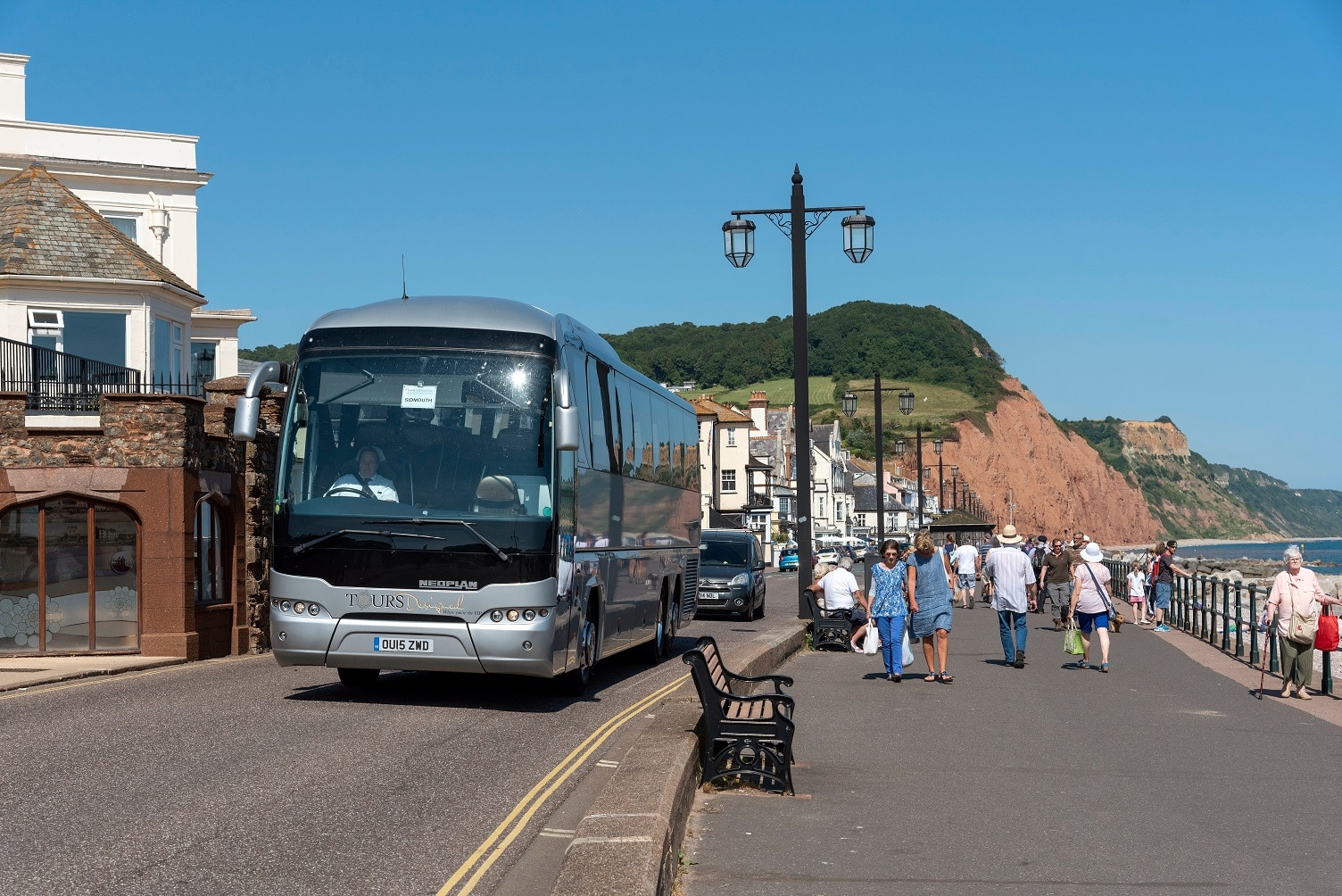
Figures are similar for operators of day trips. While short-term confidence is slightly lower than for holidays, 23.0% of those respondents expect recovery within six months and 29.1% within 12 months.
For private hire, 17.0% expect recovery within six months and a further 33.6% expect business to return within 12 months. In home-to-school and rail replacement work, the overwhelming majority predictably expect recovery within three, six or 12 months.
Vaccination is thought to be key to the industry’s recovery. Of respondents who answered a question about its influence on their outlook for 2021, 84.9% say that vaccination has improved it a little, a moderate amount, a lot or a great deal.
However, that positivity had not translated into customer interest at the time that the survey took place. Only 7.9% of respondents to this question said that they had received more tourism-related enquiries since vaccine news broke.
Impact on coach operator finances is clear, survey shows
Survey results back up what is already understood about the pandemic’s financial impact. When questioned about how much their turnover had decreased in the eight weeks prior to responding from normal expectations, 28.7% of the 268 participants said it had declined by 91% or more.
10.8% had seen an 81-90% drop and 12.7% reported a 71-80% reduction. Only 25.4% of respondents that had seen a drop in turnover during the eight-week period over what would be expected said that the decline was 50% or less.
The scale of this reduction has led to a risk of insolvency for some coach businesses. However, only a small proportion of the 268 respondents to this question – 12.3% – say that the risk is high. 34.7% say it is moderate and 32.5% say it is low. 15.7% say that they are at no risk of insolvency. 4.5% are not sure.
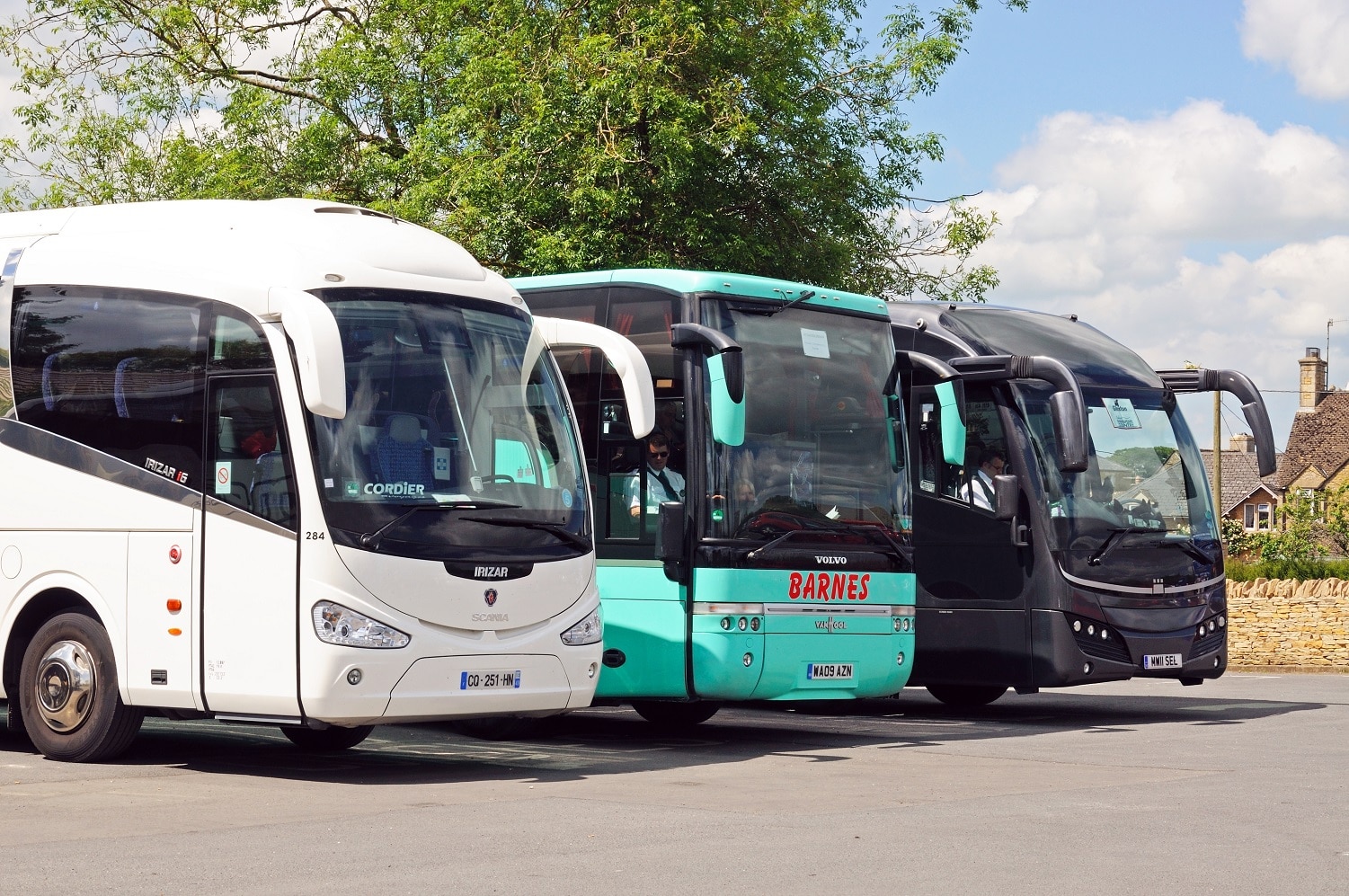
How that risk has grown because of the pandemic is clearer. Of 210 responses, 86.7% say that the virus has increased their risk of insolvency. For 6.2% it has stayed the same, and for only 0.5% – or one respondent – has it decreased. 6.7% are not sure.
Many operators have understandably been conservative in their financial forecasts for 2021. Of 264 that answered this question, 53.4% have been very or slightly pessimistic. 23.1% have been slightly or very optimistic and 23.5% have been neutral.
Variation in debt payments is significant
The scale of how debt repayment represents a percentage of operators’ turnover in 2020 varies greatly. Of 271 responses, 17.7% indicate that repayment was more than 100% of their turnover. For a further 17.0%, it represents 50-100% of turnover. 19.9% report that they have made no repayments. 17.0% are not sure how repayment compares with turnover.
Many operators plan to be active in the vehicle market in 2021. Of 294 respondents to this question, 32.3% plan to sell stock. 18.6% expect to buy second-hand and 5.5% are likely to buy new. 24.4% are not yet sure of their fleet plans, while 36.4% expect to neither buy nor sell.
While there is much for the coach industry to be hopeful for in 2021, the above data illustrates that the year is expected by many to be one of transition towards full recovery. Operators in most cases are taking a cautious approach. Overall, there is finally a perception of light at the end of the tunnel for some – but sadly, not for all.





















